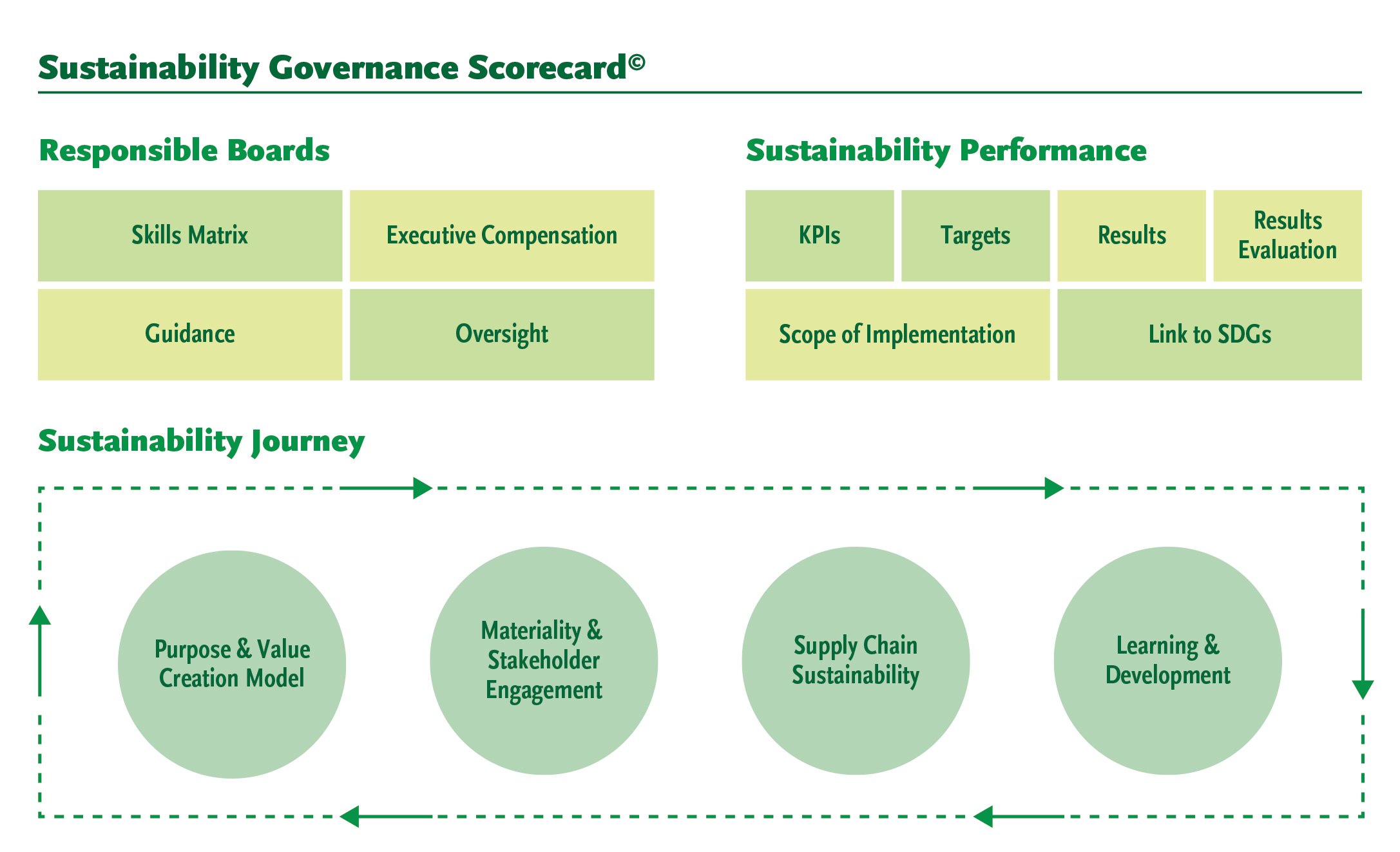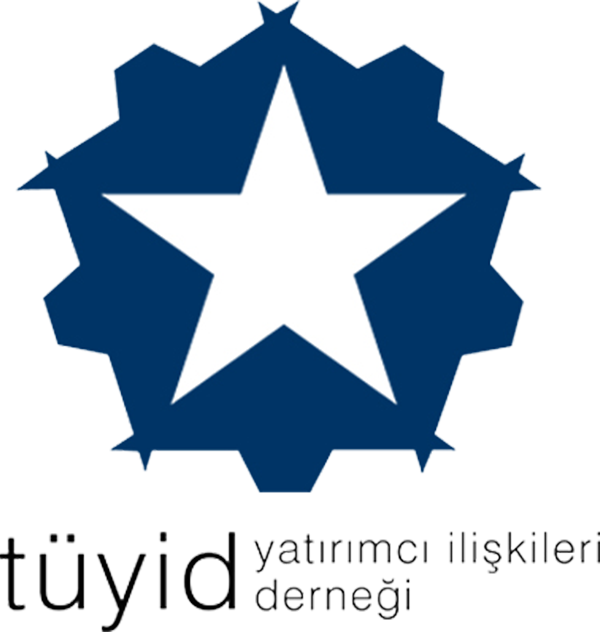We showcased the findings of our SGS 2023 Türkiye Report and best practice examples in the Sustainable Companies for a Sustainable Future panel, featuring speakers from companies demonstrating the highest performance in sustainability governance in Türkiye.
After the introduction of TÜYİD Secretary General Selin Sanver Nasuhoğlu, our Chairman of the Board of Trustees, Dr. Yılmaz Argüden unveiled the Sustainability Governance Scorecard, with its purpose and approach.Our Board Member in charge of the project, Gizem Argüden Oskay, and our Project Leader, Melis Türker, shared information regarding the Turkish companies involved in the research. The Turkish companies reviewed in SGS 2023 include Akenerji, Aksa Enerji, Aksa Akrilik, Anadolu Efes, Arçelik, Aygaz, Bim, Coca-Cola İçecek, Enerjisa Enerji, Ford Otosan, Migros, Tofaş, Turkcell, Tüpraş, Türk Telekom, Türk Traktör, Şok Marketler, Ülker Bisküvi, Vestel Elektronik, and Zorlu Enerji.
After sharing the SGS 2023 Türkiye findings, the sustainability governance journeys of Coca-Cola İçecek, Arçelik, and Ülker were discussed in the panel. Coca-Cola İçecek Treasury and Investor Relations Director Çiçek Uşaklıgil Özgüneş, Arçelik Sustainability Director Özlem Ünlüer, and Ülker Vice President of Supply Chain Tayfun Namdar shared their best practices to speed up learning from peers.

Our findings for Turkish companies in the areas of Responsible Boards, Sustainability Performance, and Sustainability Journey are as follows:
Responsible Boards
-
The ratio of companies with board members having sustainability experience increased from 50% in SGS 2020 to 86% in SGS 2023.
-
Only one company in Türkiye (Coca-Cola İçecek) publishes a Board Skills Matrix. Among Global Sustainability Leaders, the ratio of companies publishing a skills matrix increased from 26% in SGS 2019 to 60% in SGS 2022, with 48% listing sustainability as a skill in their matrices.
-
Only one company (Ülker Bisküvi) links executive compensation and bonuses to sustainability goals in Türkiye. No company in Türkiye reports which sustainability indicators are linked to executive compensation and bonuses. The proportion of companies distributing executive compensation and bonuses related to Sustainability Key Performance Indicators (KPIs) advanced from 29% in
SGS 2020 to 48% in SGS 2022.
-
The ratio of boards with a sustainability committee increased from 25% to 70% over four years.
-
The ratio of independent audits covering sustainability issues increased from 42% in SGS 2020 to 50% in SGS 2023. (Among Global Sustainability Leaders, this ratio was approximately 80% in SGS 2022.)
-
The ratio of independent audits covering the supply chain increased from 8% to 50% over four years. (This ratio increased from 23% in SGS 2019 to 58% in SGS 2022.)
Sustainability Performance
-
The ratio of companies sharing environmental targets increased from 50% to 80%, social targets from 33% to 75%, and governance targets from 17% to 40% over the last four years. Almost all companies in Türkiye have established sustainability policies and report performance results.
-
35% of companies in Türkiye set sustainability targets for the supply chain, while 40% share supply chain sustainability results.
-
95% of sustainability leaders in Türkiye align their strategies with the SDGs, 75% share performance results, and 50% align sustainability targets with the SDGs.
Sustainability Journey
-
40% of sustainability leaders in Türkiye visualize their value creation models, and 35% adopt integrated reporting.
-
All sustainability leaders in Türkiye report their stakeholder map, 74% share future goals related to stakeholders. The proportion of companies sharing a materiality matrix increased from 58% in SGS 2020 to 95% in SGS 2023.
-
70% of sustainability leaders in Türkiye take action towards implementing sustainability standards in the supply chain through certification, and 50% through independent audits.
-
All companies in Türkiye organize training on social issues and share their criteria. However, this rate drops to 55% for environmental issues and 35% for governance issues.
Related People



















